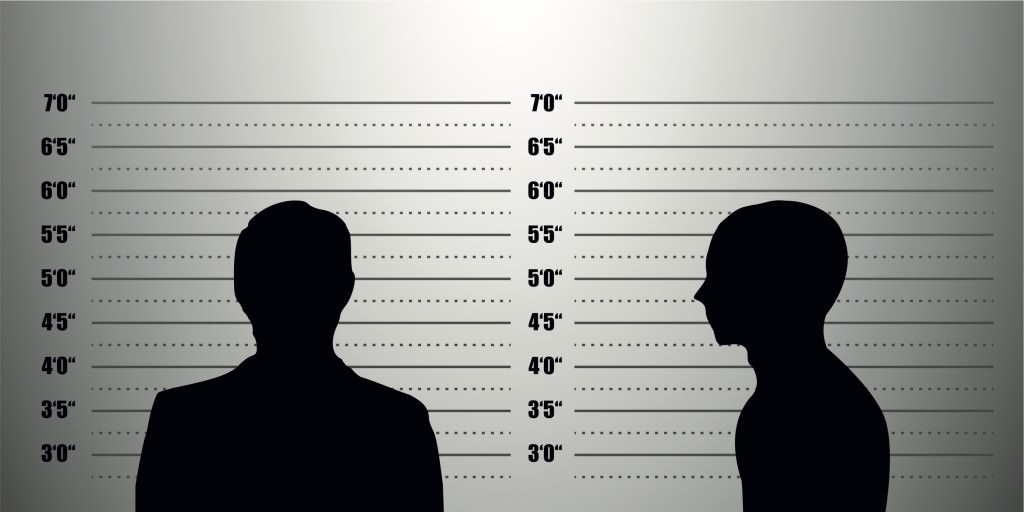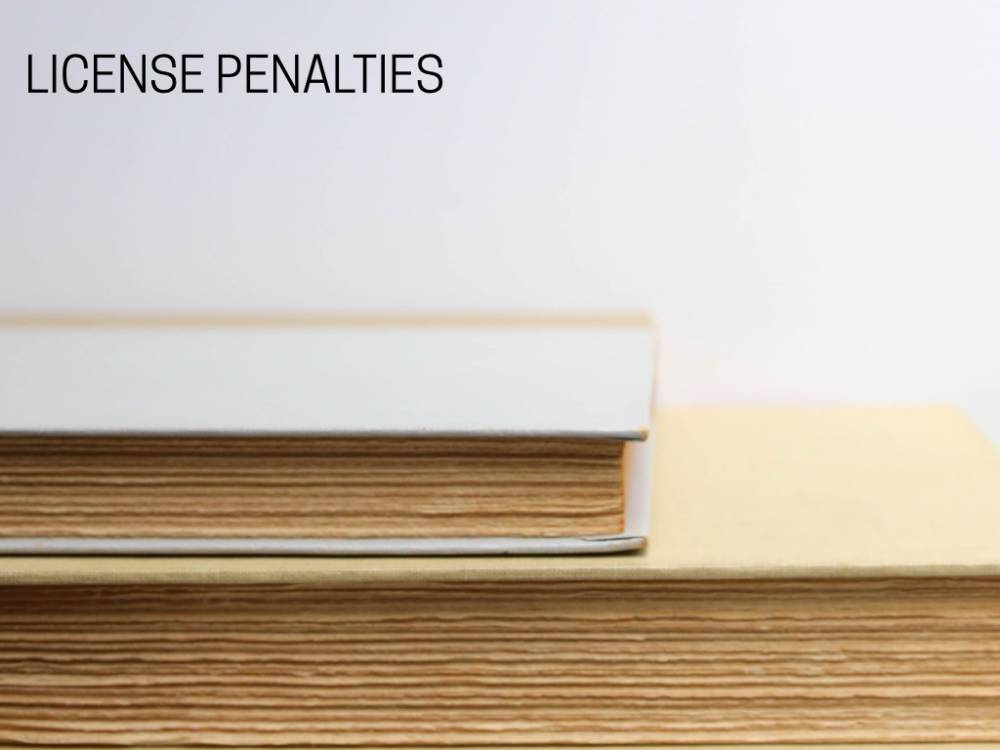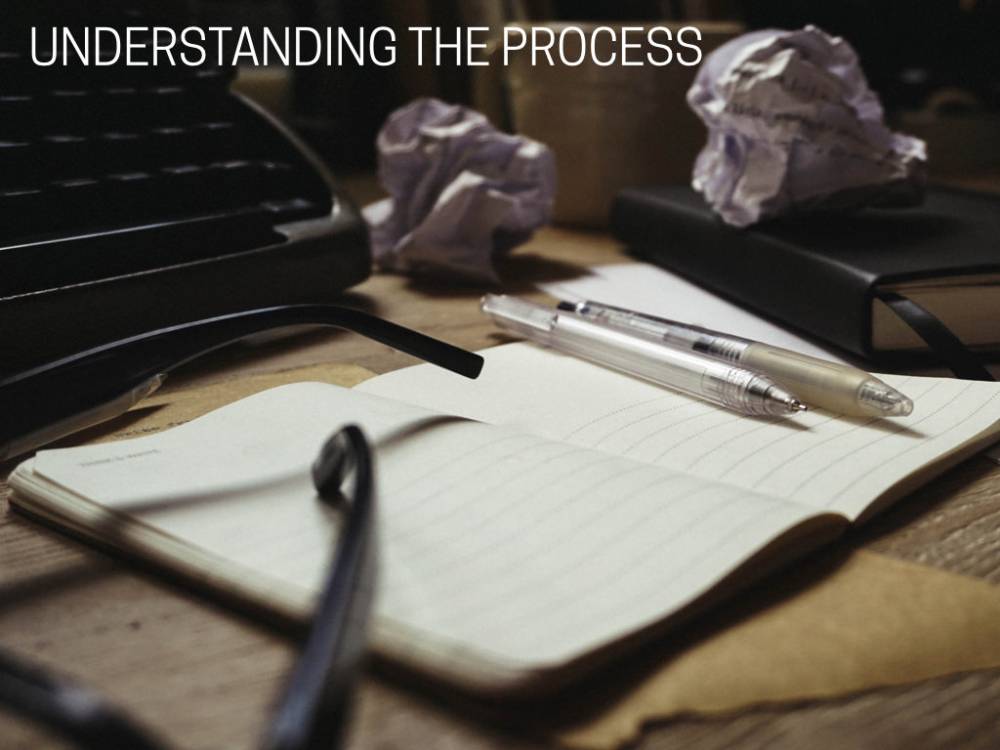It could happen to anyone. You receive a traffic ticket, and even though you planned, with the best intentions, to attend court, it never makes it to your calendar. The ticket gets misplaced. The court date comes and goes, and you are blissfully unaware of the process that is now underway to suspend your license and possibly result in a bench warrant issued for your arrest!
 All the while, the entire incident has completely slipped your mind. That is until you receive a letter from the Department of Driver Services (“DDS”) notifying you that your license was suspended (or they are about to suspend it) due to the failure to appear (FTA) issued by the traffic court.
All the while, the entire incident has completely slipped your mind. That is until you receive a letter from the Department of Driver Services (“DDS”) notifying you that your license was suspended (or they are about to suspend it) due to the failure to appear (FTA) issued by the traffic court.

An even worse scenario is when you do not see the notice from DDS, and you are notified of the bench warrant and suspension by a police officer on the side of the road – while writing you a ticket for driving on a suspended license. Now you are facing jail time on the new charge. To make matters worse, you can not bond out of jail until you figure out how to lift the original bench warrant that the Judge issued for your FTA.
An FTA license suspension can also have permanent consequences because it stays listed on your driving history. While this should not have significant adverse ramifications for many drivers, it can cause serious problems for those whose occupation involves driving. In some settings, this kind of suspension can lead to termination when the employer discovers it either through employee disclosure or a routine driver’s history background check.
Examining these scenarios shows how an innocent mistake might lead to highly disruptive and wildly unexpected consequences! This sequence of events is far more common than most people suspect. You are not alone if you believe that license suspension seems unnecessarily harsh for inadvertently missing a traffic court appearance. Although it may be severe, it is an extremely cost-effective method for getting those who initially miss court to return and handle their citation. As a result, almost all traffic courts impose this penalty for missed court dates.
Resolving the FTA Status
Despite the harsh nature of FTA penalties, once you know the FTA status and/or bench warrant, it may be a relatively simple matter to resolve. Usually, it involves communicating with the issuing court, paying a fine, and getting the appropriate paperwork – indicating the court’s removal of the FTA suspension – to the DDS.

However, the process will vary from court to court. Some courts require you to appear before the Judge – especially if you want to handle it without the assistance of an attorney. If you are considering resolving an FTA case on your own, remember that there is one significant benefit an attorney can offer. In many instances, an attorney can lift the FTA or bench warrant without requiring you to appear in court. Not to mention they have a wealth of knowledge and experience that can simplify the process. So you do not have to stress over whether or not you are taking the correct course of action.
If you are facing an FTA suspension and you are unsure about your next steps, contact an attorney today to learn about your options.
